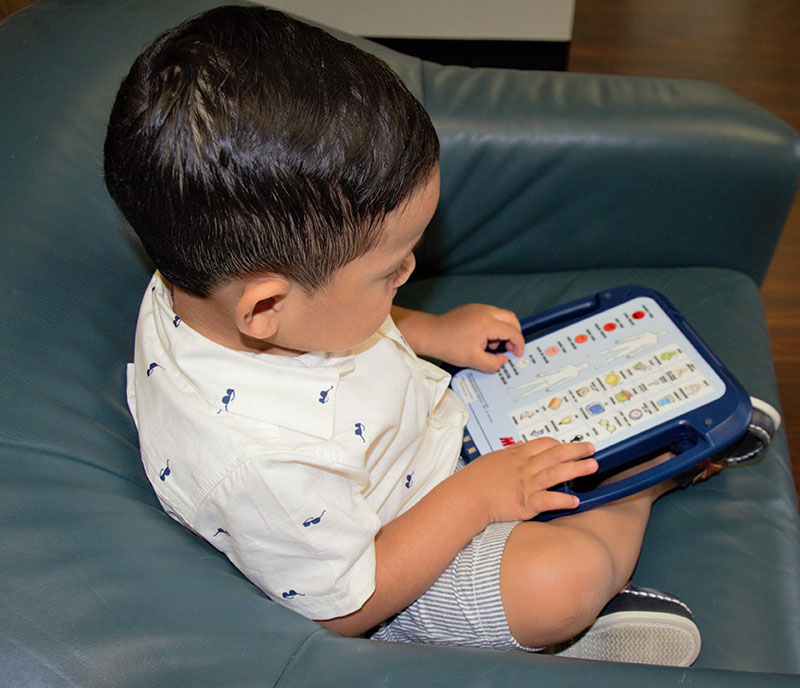Learning/Cognitive Disabilities
- Involves the perception and processing of information
- A learning or cognitive disability may include autism, Down Syndrome, traumatic brain injury (TBI), and even dementia.
- Less severe cognitive conditions include attention deficit disorder (ADD), dyslexia (difficulty reading), dyscalculia (difficulty with math), and learning disabilities in general.
Mobility impairment
Physical conditions related to movement of either the upper or lower extremities, or both. These conditions may include Muscular Dystrophy (MD), and Cerebral Palsy (CP), stroke, or arthritis.
Visual Disabilities
- Individuals with visual disabilities possess varying levels of sight. Some may perceive some degree of light and detect motion around them.
- Visual Impairments can be divided into two (2 categories: Blind and low vision).

Hearing Disabilities
- Hearing loss is when your ability to hear speech or sound is reduced.
-
- 48 million people in America are affected by hearing loss:
- 1 in 5 teens
- 1 in 5 adults
- 3 in 5 of returning military service members
- 48 million people in America are affected by hearing loss:
- Hearing loss and tinnitus are the top two reported health concerns among service members both active and veterans.
- Hearing loss is the 2nd most prevalent health issue globally.
- The number of people with hearing loss is more than those living with Parkinson’s, epilepsy, Alzheimer’s, and diabetes combined.
- 33% of Americans between ages 65-74 and nearly 50% of those 75+ have hearing loss.
- Using headphones or earbuds can cause temporary or permanent hearing changes. The louder the volume and the longer the listening time, the greater your risks.
- Heart and kidney disease, stroke, high blood pressure, and diabetes are linked to hearing loss.
- Hearing loss is about twice as common in adults with diabetes compared to those who do not have the disease.
- 4 percent of all patients with chronic kidney disease had some degree of hearing loss.
- Individuals with hearing loss are 5x more likely to be diagnosed with dementia.
- Tinnitus is a non-auditory, internal sound that can be intermittent or continuous, in one or both ears, and either low- or high-pitched.
- The varying sounds have been described as whistling, chirping, clicking, screeching, hissing, static, roaring, buzzing, pulsing, whooshing, or musical.
- Research suggests that using personal amplifiers slows down or reverses the effects of dementia or cognitive decline twice as well as FDA-approved drugs used to fight Alzheimer’s.
- Research reflects a significant association between hearing impairment and moderate to severe depression.
- Less than 20% of people with hearing loss seek treatment.
- Assistive Technology Unlimited (ATU) provides information, support, and assistive devices for those seeking help with disability-related issues—especially hearing loss.
- ATU welcomes your help, to join our campaign and “lets make hearing loss a conversation.”
